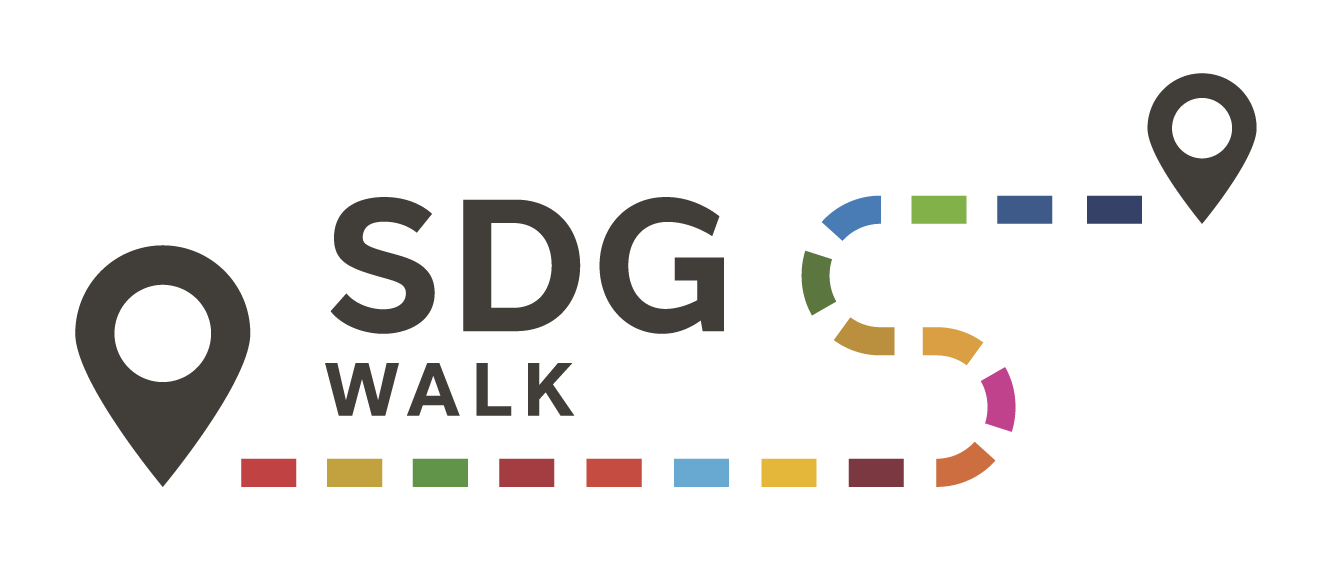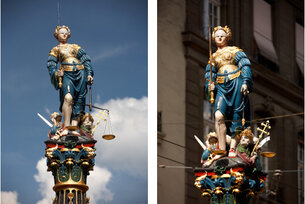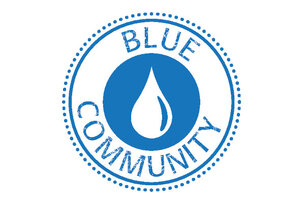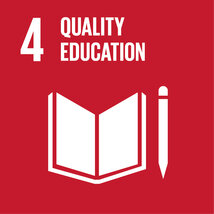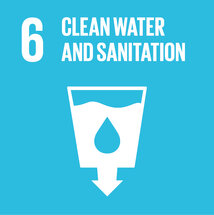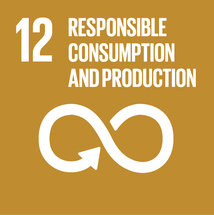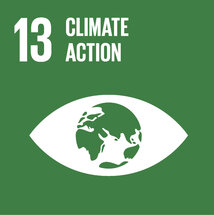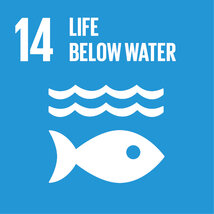Gerechtigkeitsbrunnen
Water is omnipresent in Bern: if you are thirsty, you can fill your water bottle at the nearest fountain. In summer, a refreshing swim in the clean Aare lures you in. A unique privilege, as a look at other regions of the world shows, because over 660 million people worldwide have no access to clean drinking water. Although the right to water has been recognised as a human right since 2010.
Equitable access to water, sustainable use of this precious resource and control of water supply and use by the public sector: this is what the "Blue Communities", which also include the City of Bern, the University of Bern and many parishes, are working for. Among other things, they offer tips on how to use water carefully, such as drinking tap water instead of bottled water. This does not have to be bottled in large plants and shipped around, so it consumes less energy and thus protects the climate. And it makes a small contribution to our own water security. Because in Switzerland, too, drinking water reserves are becoming scarcer, and our glaciers are melting as a result of climate change. By 2100, only about a quarter of the current volume of glaciers will remain.
